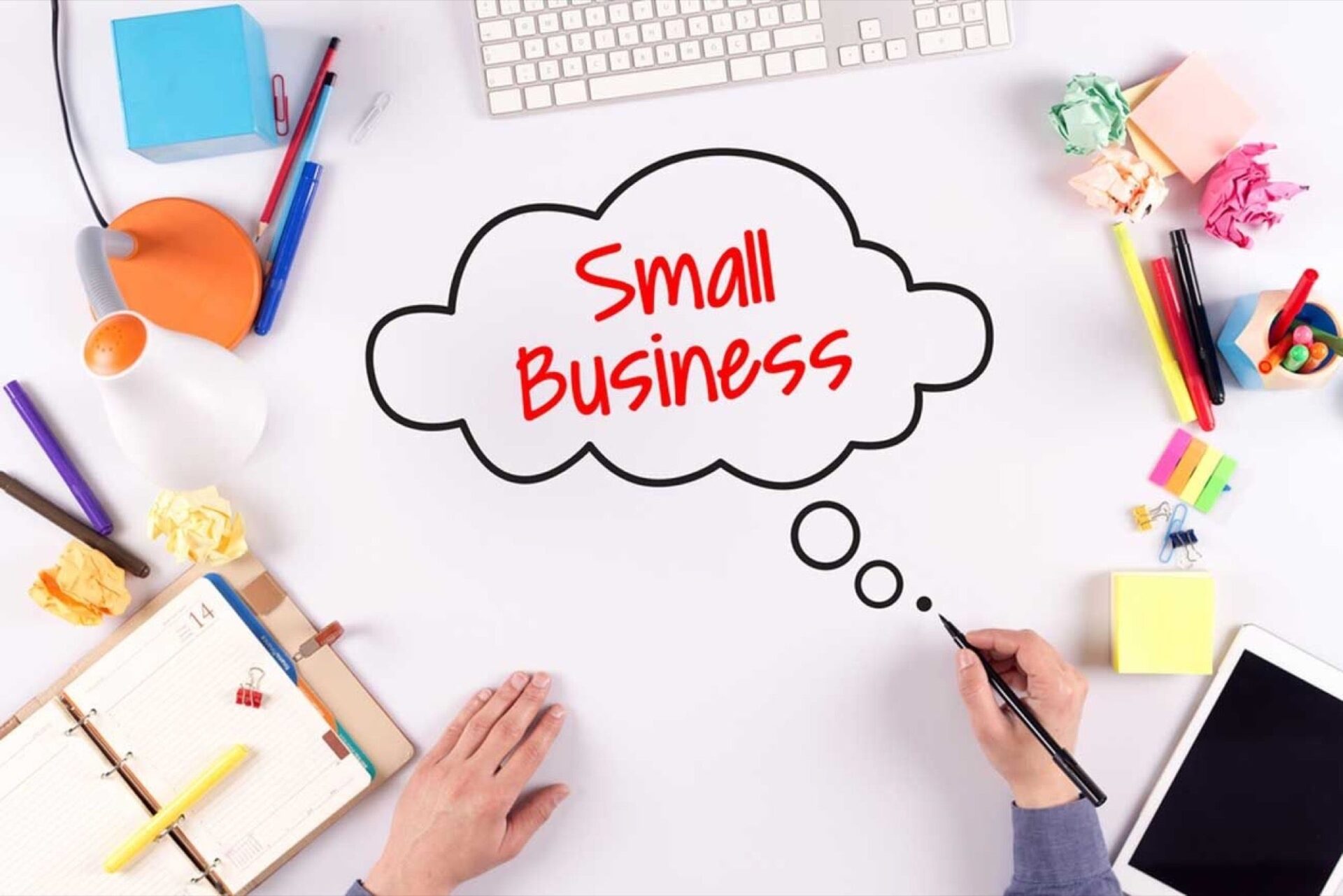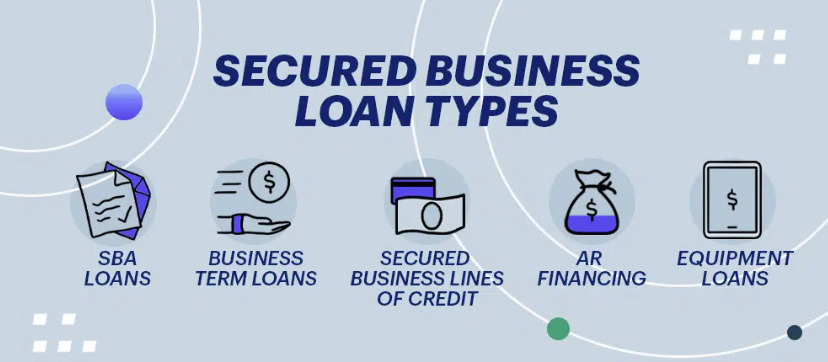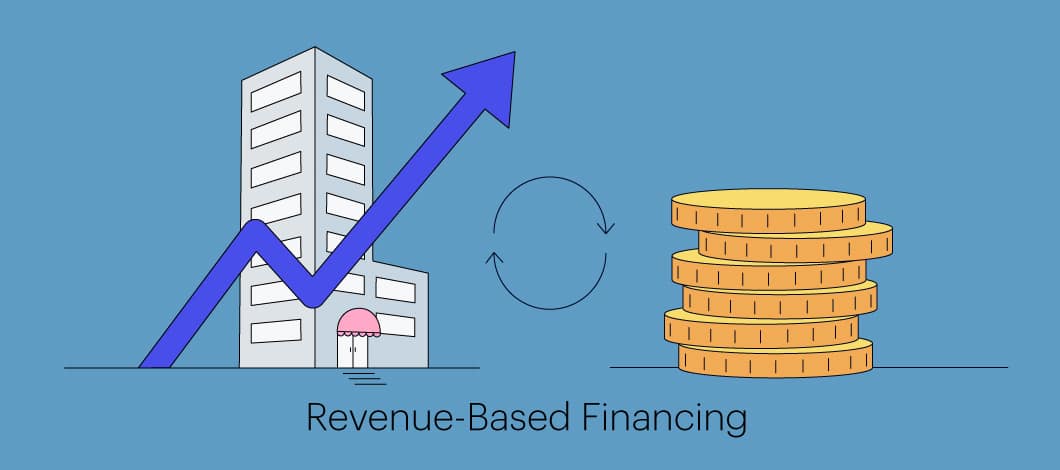In a rapidly changing economic landscape, small companies face a multitude of challenges. From invoicing to bad credit, the list seems never-ending. Among the burning questions, one that stands out prominently is the impact of rising interest rates on equipment finance loans. You might be wondering, “Is this just another broken spoke in the wheel for small businesses or a storm in a teacup?” Let’s delve into the issue and find out how this trend affects you.
The Basics: What Are Equipment Finance Loans?
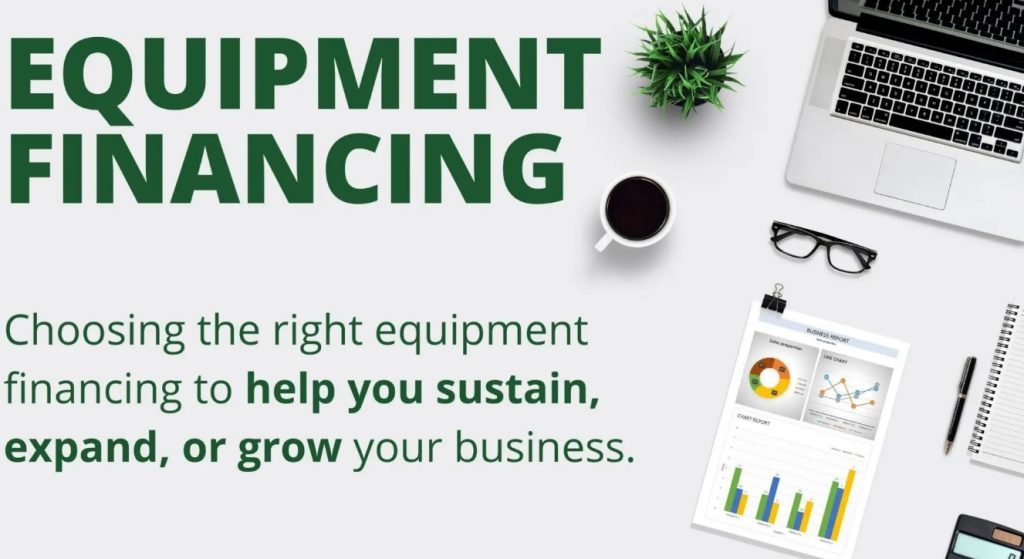
Before we jump into the impact of rising interest rates, let’s get clear on what equipment finance loans are. Typically, these are short-term business loans that are unsecured, meaning they don’t require any collateral. They help companies, especially small businesses, in purchasing the essential equipment they need for day-to-day operations.
The Connection Between Interest Rates and Business Line of Credit
Interest rates form the backbone of any loan, especially when it comes to a business line of credit. When rates rise, it generally costs more to borrow, impacting your monthly loan payments. The ripple effect touches not only large-scale operations but also makes it challenging for small businesses to keep the lights on.
Bad Credit and Rising Interest Rates: A Double Whammy
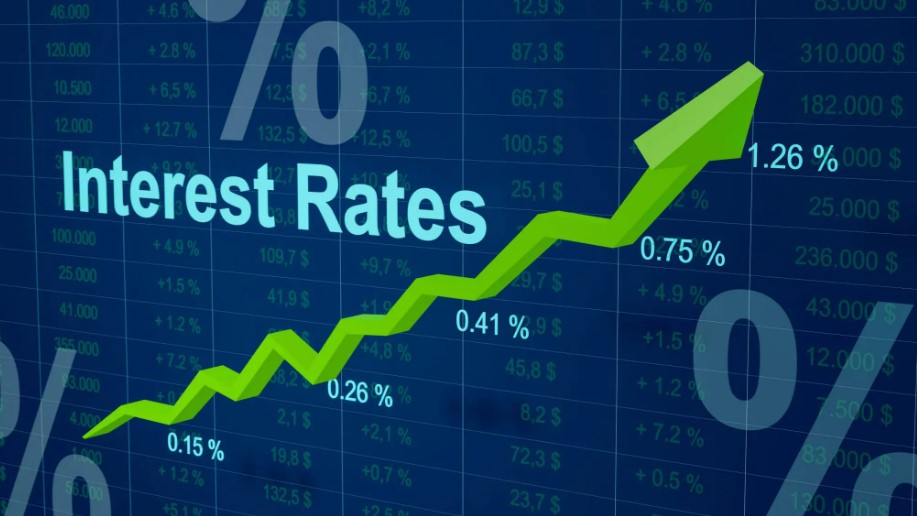
If your business has bad credit, rising interest rates can hit you twice as hard. Higher rates mean higher payments, and if you already have a poor credit score, this could tip the scales from difficult to broken. Unfortunately, this often leaves small companies in a precarious position, caught in a financial quagmire they struggle to escape.
How Factoring Plays Into The Equation
Factoring could offer a lifeline when facing the choppy waters of high-interest loans. It’s a financial transaction where a business sells its invoices to a third party at a discount. This way, you get immediate cash, bypassing the need for more expensive, short-term loans. But remember, factoring isn’t a one-size-fits-all solution and could carry its own set of challenges.
Big Tech vs. Small Companies: Who Feels the Burn?
Rising interest rates might be a slight hiccup for big tech with their enormous cash reserves, but they are a full-fledged financial fever for small companies. Unlike giants like Google or Apple, most small businesses don’t have the financial cushion to absorb the increased costs brought by higher interest rates.
Conclusion
Rising interest rates are indeed affecting equipment finance loans, impacting your monthly payments and adding another layer of complexity to business financing. If you have bad credit or are a small company without huge financial buffers, these rate hikes could mean big trouble. But don’t lose hope; options like factoring or looking into unsecured, short-term business loans can offer some relief.
Frequently Asked Questions (FAQs)
1. What are equipment finance loans?
Equipment finance loans are short-term business loans, often unsecured, designed to help businesses purchase essential equipment.
2. How do rising interest rates affect my business line of credit?
Higher interest rates increase the cost of borrowing, impacting your monthly payments and overall financial stability.
3. Is factoring a good alternative to combat rising interest rates?
Factoring can provide immediate cash flow but it comes with its own set of challenges and costs. It’s not a one-size-fits-all solution.
4. What impact do rising interest rates have on small companies with bad credit?
Companies with bad credit are hit twice as hard. They face higher costs due to both the bad credit and the rising interest rates, making it increasingly difficult to keep the business afloat.
5. Are big tech companies affected by rising interest rates?
Big tech companies, with their massive cash reserves, are generally less affected by interest rate hikes compared to small businesses.


